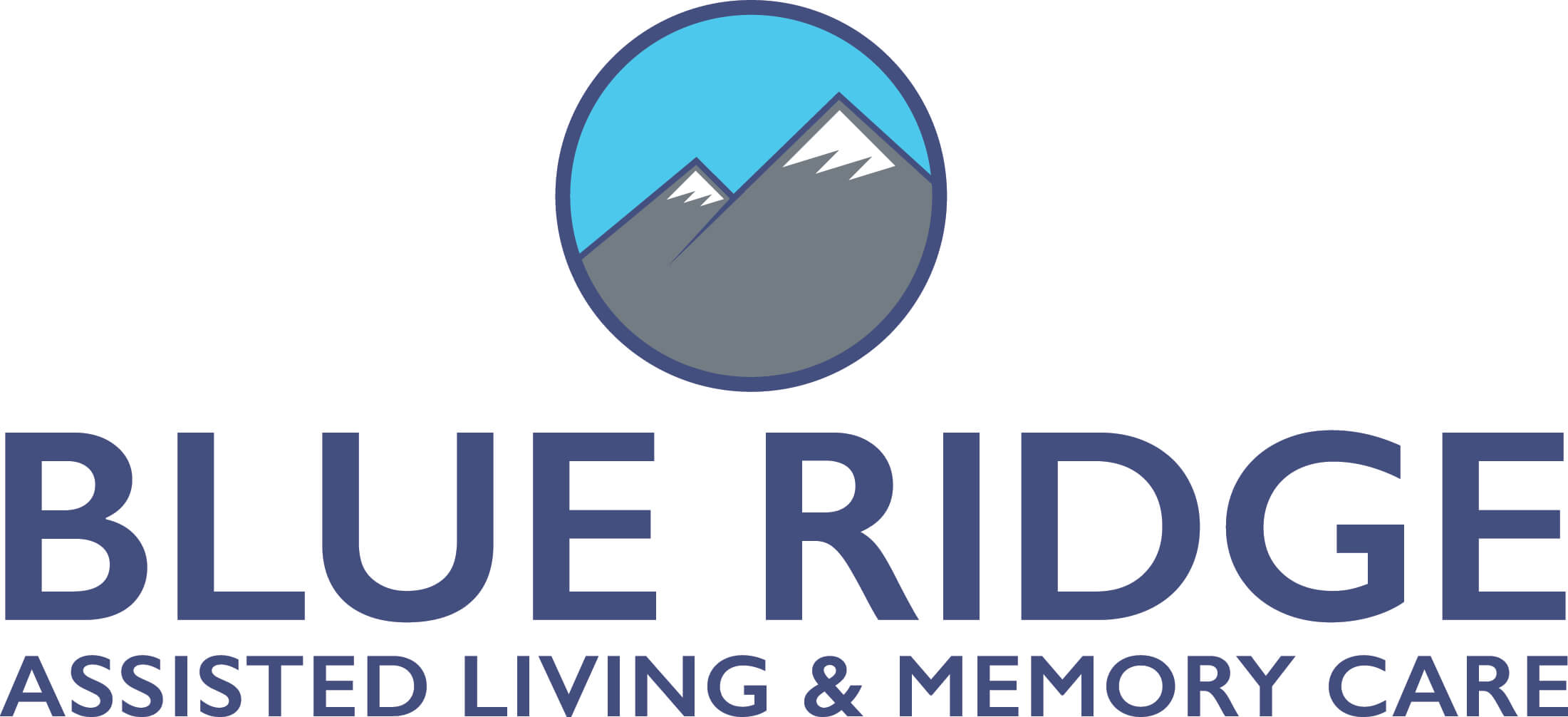Dental health is a crucial aspect of overall well-being, yet it’s often overlooked, especially in the elderly. As individuals or their loved ones explore senior living options for retirement, understanding the necessity of dental plans for elderly individuals is essential. Good dental care is not just about maintaining a healthy smile; it impacts general health and quality of life.
Understanding the Importance of Oral Health in the Elderly
Oral health issues, if left untreated, can lead to severe health complications, including heart disease, diabetes, and respiratory infections. As we age, the risk of dental problems like tooth decay, gum disease, tooth loss, and oral cancer increases. Therefore, having a comprehensive dental plan is vital for the elderly to ensure regular check-ups, cleanings, and necessary treatments.
Challenges Faced by Elderly in Accessing Dental Care
One of the main challenges for the elderly in accessing dental care is the cost. After retirement, many elderly individuals are on a fixed income and may not have adequate dental coverage. This financial barrier can lead to neglect of dental issues, which only worsen with time. Additionally, mobility issues or chronic illnesses can make it difficult for the elderly to visit the dentist regularly.
Components of an Effective Dental Plan for the Elderly
An effective dental plan for the elderly should include preventative care, routine check-ups, cleanings, fillings, extractions, and denture care. It should also cover more extensive procedures like root canals or oral surgery, if necessary. Importantly, the plan should be affordable and accessible, taking into consideration the unique needs and circumstances of elderly individuals.
The Role of Retirement Communities in Providing Dental Care
Retirement communities can play a significant role in ensuring their residents have access to proper dental care. These communities can offer transportation services to dental appointments and coordinate with local dental practices to provide on-site services. By integrating dental care into their overall healthcare offerings, retirement communities can significantly enhance the quality of life of their residents.
Preventative Care: The First Line of Defense
Preventive dental care is especially important for the elderly. Regular dental check-ups can detect problems early when they are easier to treat. Preventative measures such as fluoride treatments or dental sealants can help maintain oral health. Additionally, education on proper oral hygiene practices is crucial and should be an integral part of any dental plan for the elderly.
Collaborative Care Approach
A collaborative approach involving dentists, caregivers, and family members is essential in managing the oral health of the elderly. This approach ensures that dental care is not just seen as an individual responsibility but as a collective effort to maintain the overall health and well-being of elderly individuals.
Dental plans for the elderly are not just a luxury but a necessity. They play a vital role in maintaining not just oral health but also the overall health and well-being of the elderly. As we explore senior living options, it’s important to consider the availability and accessibility of comprehensive dental care. A good dental plan can greatly enhance the quality of life in the golden years, making it an indispensable part of healthcare for the elderly.







